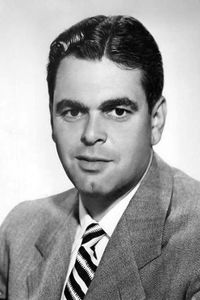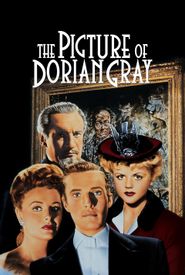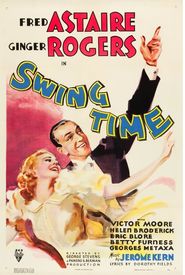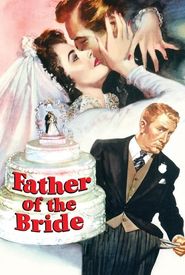Pandro S. Berman was born into the world of cinema, with his father, Harry, being a prominent figure in the film industry as a distributor and exhibitor. This familial connection to the industry would have a profound impact on Berman's life and career, as he would go on to work alongside numerous relatives who were also involved in the film industry.
As he entered the workforce in the 1920s, Berman began his journey in the film industry as a script clerk, gradually rising through the ranks to become a film editor. By the age of 26, in 1931, Berman had already achieved the impressive position of assistant director at RKO, a studio that was on the verge of collapse under the leadership of David O. Selznick.
Selznick, known for his ruthless business tactics, initially fired many employees at RKO, but saw something in Berman that gave him a second chance. Berman's talent and dedication quickly made him a valuable asset to the studio, and he went on to produce many iconic films and pairings, including the legendary team of Fred Astaire and Ginger Rogers, as well as the rise to stardom of Katharine Hepburn.
Throughout his illustrious career, Berman was often referred to as the "Irving Thalberg of RKO" due to his impressive track record of producing prestige pictures. His work at RKO spanned many years, during which he continued to produce well-received films.
However, in 1940, Berman's career took a dramatic turn when he moved to Culver City and joined MGM, where he continued to produce successful movies. Despite facing numerous purges and setbacks, Berman persevered and eventually left MGM in 1963 to pursue independent work.
His final film, "Move," was released in 1970, and although it marked the end of his active involvement in the film industry, it was not the end of his recognition and accolades. In 1977, Berman received the esteemed Irving G. Thalberg Memorial Award at the Academy Awards, a testament to his enduring legacy and impact on the world of cinema.

















